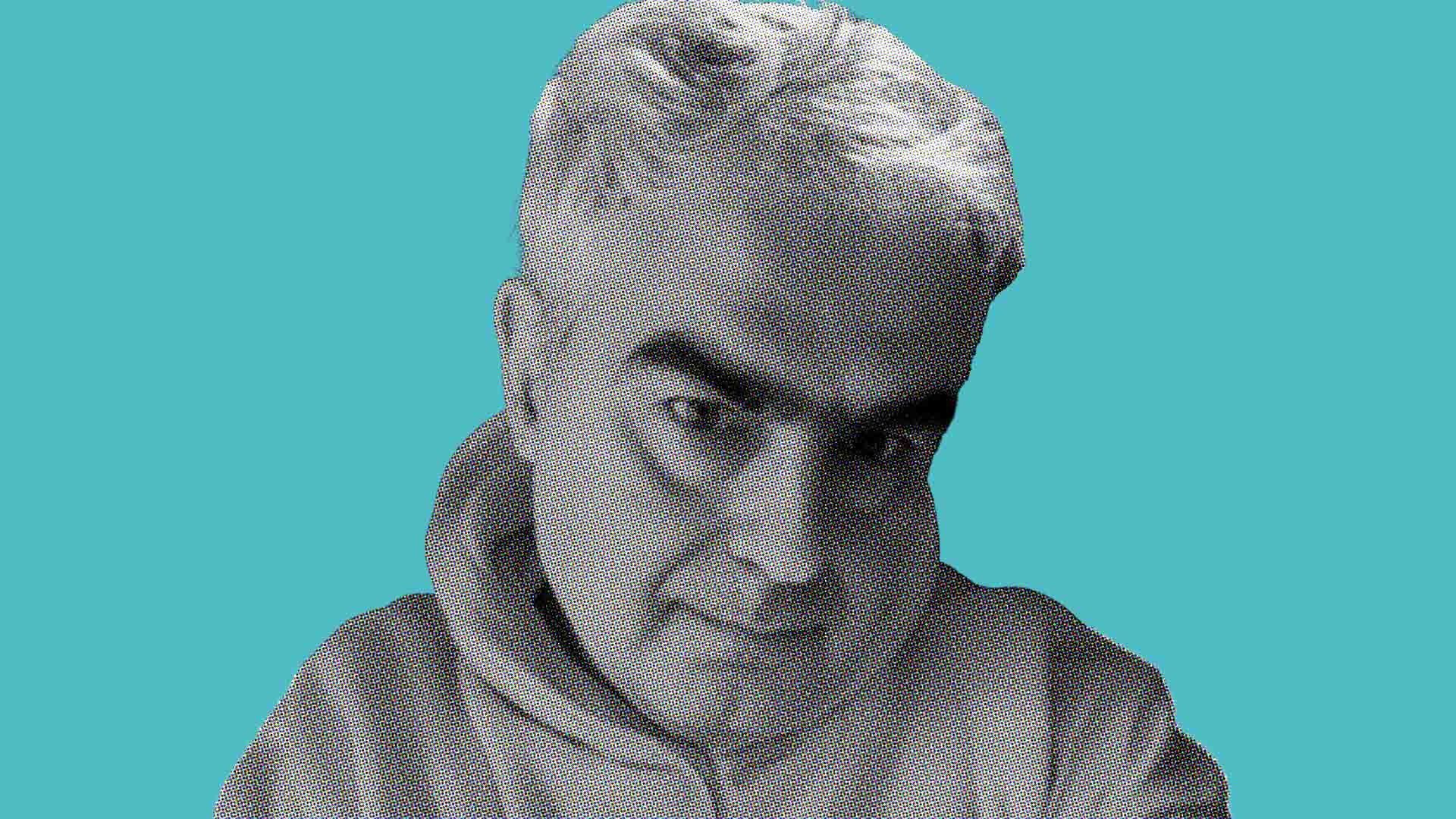
A chat with the Head of PÖFF Shorts' animation programmer Vassilis Kroustallis.
A record number of films were submitted to this year's short film competition. Was reviewing and evaluating all of them more fun or more painful?
It all amounts to organizing, to be honest. You need to prepare your team for such an increase, which translates to watching the films earlier than usual or getting extra help (if needed). In animation, we have a small but well-organized programming team, which can easily spot the values (and the weaknesses) of each film, technically and directorially. Obviously, watching great films is never a problem — and we did receive a lot of great animation films. The problem was to select the best, and the lucky few, from an equally good pool; that was a hard decision to make.
Which countries in the world are represented in the short animation competition?
European countries have a traditionally strong presence in our competition, from France to Portugal to our neighbouring Latvia. Since we are now a BAFTA-qualified festival for animation shorts, we experienced a surge in UK submissions this year — which also resulted in more UK films in competition, mostly in our New Talents section. We have a strong foothold in Asian countries, some of our former winners come from there. Korea and China are fine players in independent animation, and so is Japan. We were happy to include a beautiful student film from Thailand this year, and we also had our share of US and Canadian films — and a Latin American short. So, in essence, we are still a worldwide festival.
Animation is a game with reality. What themes emerge in this year's competition programme? Is it more about adapting to reality or escaping from it?
I'd rather think it's more about transforming reality itself. For instance, the Portuguese/French film 'Percebes' (dir. Alexandra Ramires, Laura Gonçalves), shows over-tourism by the POV of an endangered sea species. Or the Ukrainian 'I Died in Irpin' (dir. Anastasiia Falileieva), which documents the Russian invasion from the viewpoint of a Ukrainian girl living with her boyfriend and his parents in a town under attack. Or the Finnish film 'Flower Show' (dir. Elli Vuorinen), which talks of suppressed desires and gendered roles via a ritualistic garden play with flowers. Animation is not escapism — at least in our programme. It is a means to move to a different plateau and emotionally, informationally self-reflect — and hopefully enjoy as well.
Is the competition programme more about the classic or the newer, digital techniques? Are there any completely new techniques that surprise you?
2D animation and classic stop-motion predominate in indie animation. That said, we have auteurs like the Estonians Priit and Olga Pärn whose new film, 'Luna Rossa' tries motion capture techniques in addition to 2D animation. We have also noticed a resurgence of pin-screen animation films, an old (but very consuming) animation technique by moving pins in and out of a device, a tradition traced back to Canada and its National Film Board. We have a number of broadly defined experimental animation films in the programme — all of them different, and in which sound design is equally important. What I am surprised by is the persistence of animation directors to bring forward technically difficult projects to fruition, like the sand animation of 'Kafka. In Love' (dir. Zane Oborenko) and others. Animation is determination.
Did the films stand out more for their artistic form or rather for their fresh ideas and original narratives?
We notice both artistic and technical qualities and the originality of the ideas, but it is the integrated whole that counts. One of the challenges in animation filmmaking is to bring your artistic, visual ideas to a time-based medium. Even if you're making an experimental animated short; so, the films here have that. Animation is very much known for its high-concept ideas (especially in comedy), so we get that. It is also known for its artistic experimentation, and we have that as well. Yet, their relationship and co-dependence make them exceptional — and very different from each other. And this matters as well.
Vassilis Kroustallis is a Film and Animation professional and scholar from Greece, currently based in Estonia. He is the PÖFF Shorts Animation Competition programmer and Head Editor of Zippy Frames, an international online animation magazine promoting European and Independent Animation worldwide.